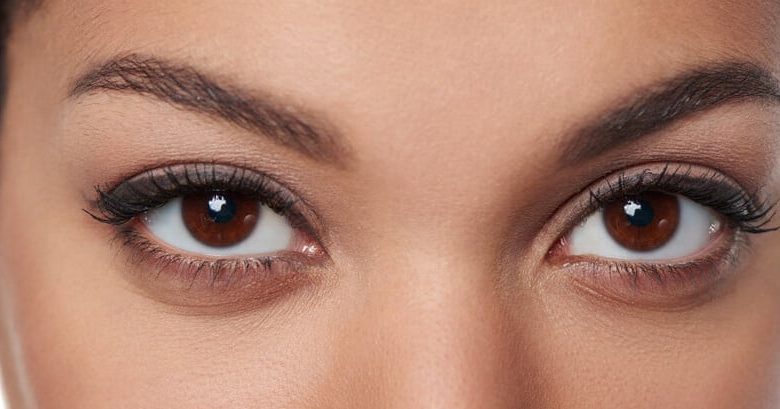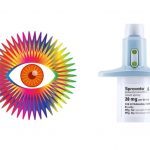Does Pristiq (Desvenlafaxine) Get You High?

Euphoria, commonly known as a “high” is a feeling or state of intense excitement and happiness, it is an amplification of pleasure, a phase where one’s essential biological needs appear to be satisfied.
Euphoria is associated with many classes of addictive drugs and it is linked with the brain reward system. Drugs of abuse have in common the fact that they serve as biological rewards. They do so because of their ability to activate endogenous brain circuitry.
Drugs that cause euphoria activate the brain’s reward center by triggering the release of the brain chemical dopamine which surges, like waves producing high in the process. After repeated hits, the brain adjusts to this higher level of dopamine by making less of it and by reducing the number of receptors that can receive and transmit the signals it sends.
Having too much dopamine or too much dopamine concentrated in some parts of the brain and not enough in other parts is linked to being more competitive, aggressive, and having poor impulse control. It can lead to conditions that include ADHD, binge eating, addiction, and gambling.
What is desvenlafaxine?
Desvenlafaxine is a prescription drug used to treat major depression. Symptoms can include feelings of sadness, loss of interest in daily activities, decreased energy level, or trouble sleeping. These symptoms last for two weeks or longer.
Desvenlafaxine comes in the form of an extended-release tablet you take by mouth. Extended-release drugs are slowly released into the body over time.
Desvenlafaxine oral tablet is available as the brand-name drugs Pristiq and Khedezla. It’s also available as a generic drug. In some cases, they may not be available in every strength or form as the brand-name drug. Desvenlafaxine may be used as part of a combination therapy. This means you may need to take it with other medications.
How Desvenlafaxine works
Desvenlafaxine belongs to a class of drugs called antidepressants. The specific type of drug is called a serotonin-norepinephrine reuptake inhibitor (SNRI). A class of drugs is a group of medications that work in a similar way. These drugs are often used to treat similar conditions.
Serotonin and norepinephrine are natural chemicals in the brain that help maintain mental balance. Desvenlafaxine may work by stopping the process that breaks down these chemicals. This process is called reuptake. Blocking reuptake increases the amount of these chemicals in your brain, and may help to improve symptoms of depression.
Can Pristiq (Desvenlafaxine) Get You High?
This is a very common question on Reddit and other forums with users claiming that Pristiq (Desvenlafaxine) effects make them feel high, restless, and nauseous like the side effects of taking a small or a regular dose of MDMA (molly) but does this drug truly makes people high?
Pristiq (Desvenlafaxine) belongs to a class of antidepressants called serotonin and norepinephrine reuptake inhibitors (SNRIs) and studies indicate that SNRIs increase norepinephrine levels, helping a person concentrate and reducing depression. Higher levels of norepinephrine may cause feelings of euphoria. However, they may also cause panic attacks, high blood pressure, and hyperactive behavior.
In addition, some children and young adults have a higher risk of suicidal thoughts and behaviors while they’re taking antidepressants like Pristiq (Desvenlafaxine).
In fact, Pristiq (Desvenlafaxine) has a boxed warning for this side effect. A boxed warning is the most serious warning from the Food and Drug Administration (FDA). A boxed warning alerts doctors and patients about drug effects that may be dangerous.
Clinical studies found that this risk is higher in children, adolescents, and young adults (under 25 years of age). This risk is highest during the first few months of treatment and after any changes to dosage. Pristiq (Desvenlafaxine) is not approved for use in children (people under 18 years of age) it is also not a controlled drug.
What other side effects can I expect from Pristiq (Desvenlafaxine)?
The more common side effects of desvenlafaxine can include:
• nausea
• dry mouth
• constipation
• vomiting
• tiredness
• feeling jittery
• decreased appetite
• dizziness
• trouble sleeping
• blurry vision
• decreased sex drive
• problems with sexual function
If these effects are mild, they may go away within a few days or a couple of weeks. If they’re more severe or don’t go away, talk to your doctor or pharmacist.
Serious side effects
Call your doctor right away if you have serious side effects. Call 911 if your symptoms feel life-threatening or if you think you’re having a medical emergency. Serious side effects and their symptoms can include the following:
• Serotonin syndrome. Symptoms can include:
o agitation
o hallucinations (seeing or hearing things that aren’t real)
o seizures
o nausea
• Low salt levels. Symptoms can include:
o headache
o confusion
o weakness
o seizures.





